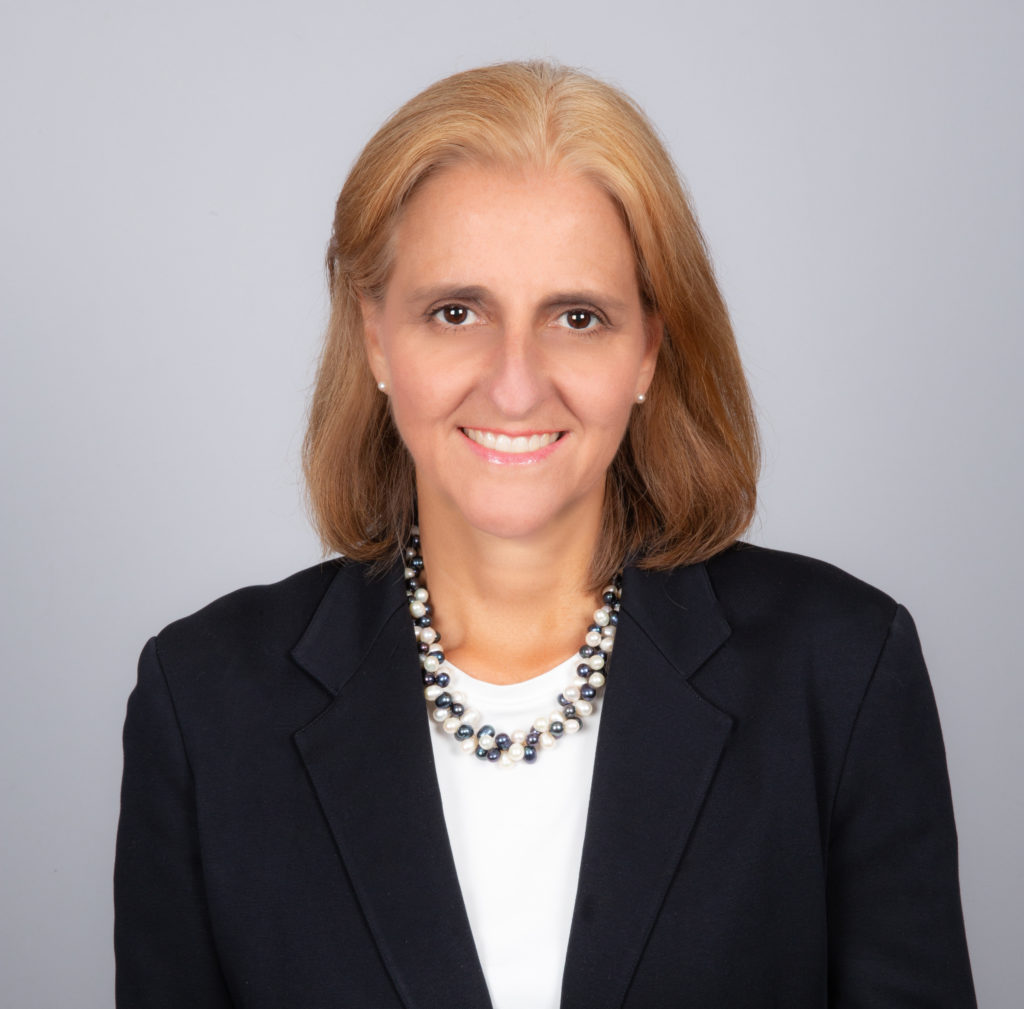
Five Questions with Lynne Biggar, EVP and Chief Marketing Officer, Visa

Lynne Biggar, EVP and Chief Marketing Officer, Visa
What are the big success stories for Visa over the last 12 months that have driven your brand strength and growth?
Visa stands in a very different place than we did 12 months ago, having adopted levels of digital commerce over the course of a year that we might normally see in several years. In the broadest sense, digital payments have kept money moving and businesses selling throughout the pandemic, providing Visa the opportunity to showcase the true breadth of our network and solutions, from empowering small business recovery to helping essential workers gain quicker access to wages or global governments to digitally disburse relief payments.
We have also invited the world to ‘Meet Visa,’ a network that works for everyone. This campaign represents the start of a multi-year brand transformation that we launched this summer. It serves as the foundation for defining our brand differently and showing the world that Visa is more than a credit card; our products and solutions enable individuals, businesses and economies to thrive.
There is so much more that falls in between these two examples but I’m especially proud of how they both encompass our entire global business and every employee, and that we accomplished them during such a period of uncertainty.

Thinking about the customer: we have a hypothesis that consumers once made purchases to signify their economic capital, then later to signify their intellectual capital, and most recently to signal their “ethical capital”. Does this hypothesis resonate with you and how do you address it from a brand standpoint?
Your hypothesis is a good one and certainly resonates with us. More than ever, we know that the brands that we buy from represent more than a transaction; they reflect our individual values, intentions and causes. Almost half of consumers say they will walk away from brands if they are disappointed by their actions.
Visa is fortunate in that our core business, digital payments, is centered on driving inclusion and empowering economic growth for everyone. In this sense, purpose is core to the work we do every day. This underpins our business strategy, our operations, our product design, and ultimately how we go to market from a brand and marketing perspective. It is foundational to our global brand transformation.

More than ever, we know that the brands that we buy from represent more than a transaction; they reflect our individual values, intentions and causes.
Increasingly we see that traditional industry or category conventions are less helpful to understand a brands’ commercial landscape. And that understanding and planning around consumer motivations or desires gives a better sense of the true competition. Does this hypothesis resonate with you and how do you address it from a brand standpoint? How does evolving customer expectation evolve how you need to show up?
This is a very timely question. Even with 3.7 billion Visa credentials around the world – physical and digital – few people really know what Visa does. Are we a credit card company? Not exactly. In fact, these four letters: Visa, represent the largest, most dynamic network of people, partnerships and products.
Visa increasingly sits at the center of enabling money movement. That can mean so many different things: helping a small business reach a global customer, enabling P2P services or helping a gig-worker get paid in real time. As our global brand transformation unfolds over the next several years, we want the world to know that Visa is so much more than a credit card or a click on a website. We are a network working for everyone. And while we operate in over 200 countries globally, our solutions reach down to enable individuals and local communities and evolve with them, just as we have for over 60 years.
In fact, these four letters: Visa, represent the largest, most dynamic network of people, partnerships and products.

Post-COVID, post Social Justice – the world is settling back to a new normal. How have these events affected your brand strategy?
As the global economy faced massive uncertainty and as the social justice movement came to the forefront in the last 18 months, we were all forced to look inward, reflect and commit to change. As a starting point, Visa made several commitments that took action to help stop discrimination and racial injustice, improve our inclusion and increase our diversity. We also looked at some of our programs that were in motion and saw renewed opportunities to lead with greater purpose. For example, it was evident that small businesses – particularly those that were Black-owned – were being disproportionately impacted by the pandemic. To play a larger role in recovery, Visa doubled down on its commitment to the global small business community, launching a multi-year effort to digitally enable 50 million micro and small businesses. We also extended our She’s Next platform to provide more than $1,500,000 in hyperlocal grants and mentorships for Black, women-owned small businesses and started a $10 million fund to create a multi-year Visa scholarship assistance program.
There are many other examples, but they are all components in the belief that together, we can be a powerful force for change.
What are the major disrupters/accelerators of competition/brand growth on your horizon?
How money moves around the world is very dynamic, attracting competitors big and small. Today, there have never been more ways to pay and be paid digitally, yet $18 trillion in cash and checks still changes hands annually. That’s a tremendous opportunity, and it’s why over the last five years alone Visa has invested $9 billion in technology to shape the future of commerce. These kinds of investments are helping us modernize the way people move money, build partnerships to develop new payments flows for consumers and business, and offer new value-added services.
Another area of focus is digital currency and cryptocurrency. Visa was the first major payment network to seriously invest in crypto infrastructure and products that begin to intertwine the crypto ecosystem with the ubiquity of Visa’s global network. Given the potential of digital currencies to extend the value of digital payments to a greater number of people and places, we want to help shape and support the role it plays in the future of money.